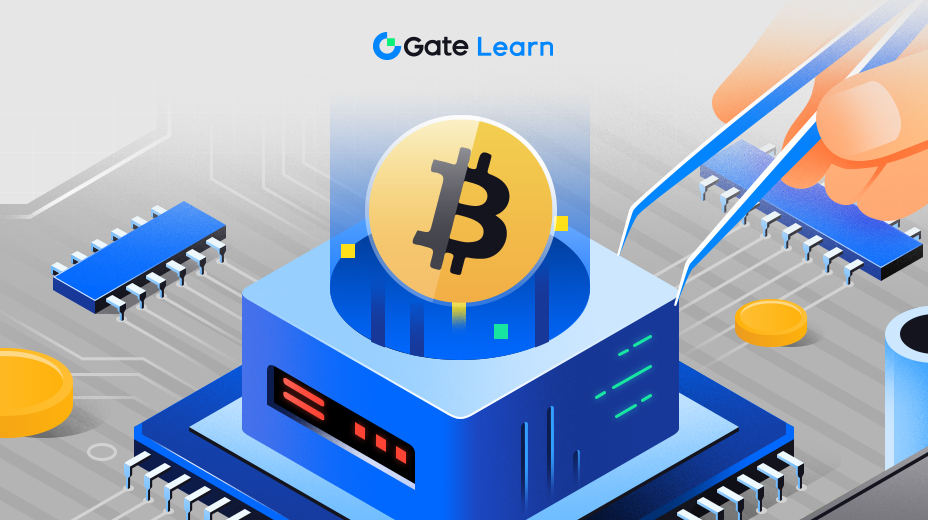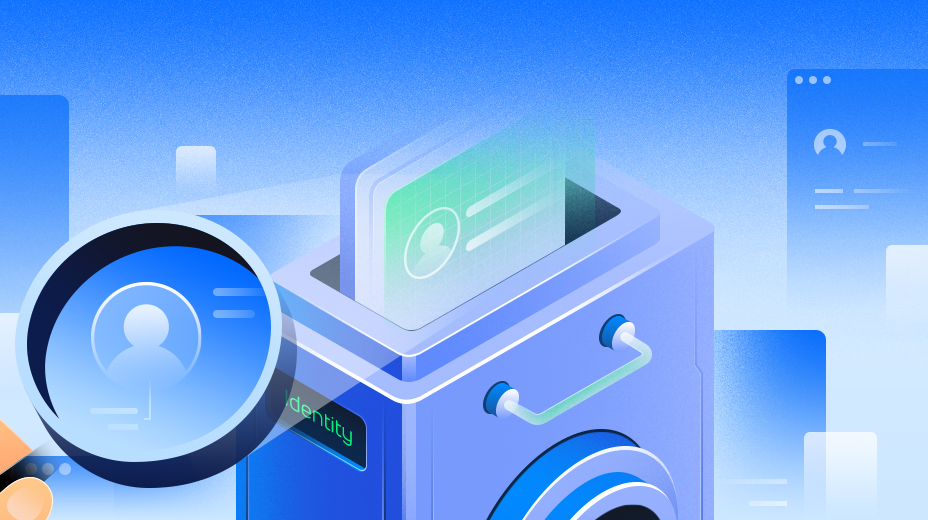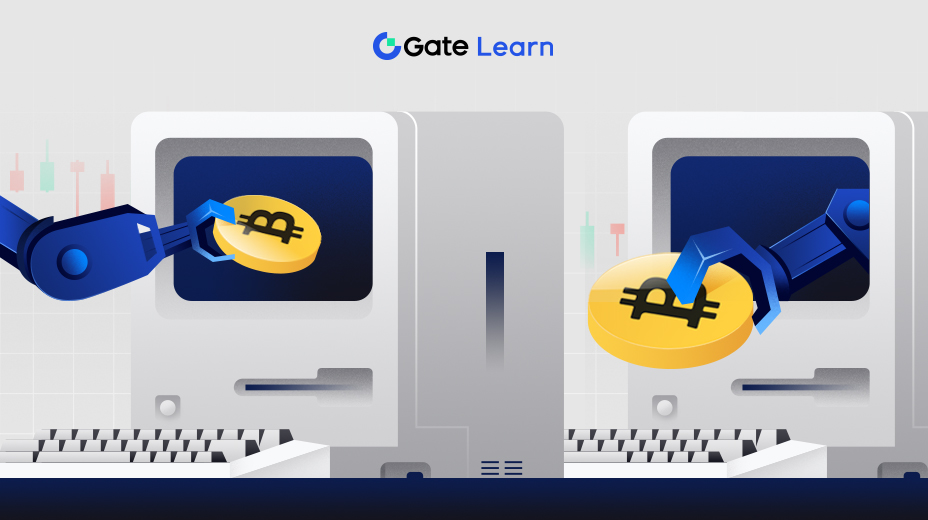الدرس رقم 6
إدارة عمليات التعدين وتأمينها
يعد تعدين العملات المشفرة عملية تستغرق وقتًا طويلاً وتستهلك الكثير من الطاقة وتتطلب استخدام أجهزة وبرامج متخصصة. في حين أن التعدين يمكن أن يكون مربحًا، فمن الضروري إدارة وحماية عملية التعدين بعناية من أجل منع المخاطر وضمان النجاح. سننظر باختصار، في هذا الدرس، في أفضل الممارسات لإدارة عملية التعدين، والمخاطر الأمنية والتخفيف، والاعتبارات التنظيمية والقانونية في هذه الجلسة.

أفضل الممارسات لإدارة عمليات الألغام
قد تكون إدارة عملية التعدين صعبة، ولكن الالتزام بأفضل الممارسات التالية سيساعد على ضمان النجاح:
- اختر الموقع المناسب: عند إنشاء عملية تعدين، من الضروري اختيار مكان بتكاليف كهرباء منخفضة وبيئة ممتعة واتصال إنترنت موثوق. سيساعد ذلك على تقليل تكاليف التشغيل مع ضمان أداء التعدين المتسق.
- يعدالحفاظ على أجهزة التعدين الفعالة أمرًا بالغ الأهمية لضمان أدائها بكفاءة وزيادة إيرادات التعدين. يتضمن ذلك تنظيف وفحص مكونات الأجهزة بحثًا عن المشكلات المحتملة على أساس منتظم.
- مراقبة استهلاك الطاقة: يعد استهلاك الكهرباء أحد أغلى جوانب تعدين البيتكوين. يمكن أن تساعد مراقبة استهلاك الطاقة وتعديل إعدادات الأجهزة في خفض تكاليف التشغيل.
- انضم إلى تجمع التعدين: من خلال مشاركة الموارد مع عمال المناجم الآخرين، يمكنك تعزيز فرصك في كسب عوائد ثابتة. هذا يقلل من إمكانية عدم ربح الجوائز بسبب سوء الحظ أو عطل الأجهزة.
- يمكن أن يساعدتنويع حيازات العملات المشفرة في تقليل المخاطر المرتبطة بالتغيرات في قيمة عملة مشفرة واحدة. يمكن تحقيق ذلك عن طريق تعدين العديد من العملات المشفرة أو عن طريق شراء عملات معدنية مختلفة والاحتفاظ بها.
التهديدات الأمنية والتدابير المضادة
عمليات التعدين عرضة لمجموعة واسعة من التهديدات الأمنية، بما في ذلك القرصنة والسرقة والأضرار المادية. فيما يلي بعض التهديدات الأمنية الأكثر خطورة وكيفية تجنبها:
- القرصنة: قد يستهدف المتسللون عمليات التعدين من أجل سرقة العملة المشفرة أو تعطيل العمليات. ولتجنب هذه المخاطر، يجب أن تستخدم برامج التعدين والمحافظ كلمات مرور آمنة ومصادقة ثنائية، ويجب أن تظل البرامج محدثة بأحدث تصحيحات الأمان.
- يمكن أن تكون أجهزة التعدين، نظرًا لقيمتها العالية، هدفًا للسرقة. يجب وضع عمليات التعدين في مرافق آمنة مع كاميرات المراقبة والوصول المقيد لتقليل خطر السرقة.
- يمكن تدمير أجهزة التعدين فعليًا بسبب ارتفاع الطاقة أو ارتفاع درجة الحرارة أو غيرها من المشكلات البيئية. للحد من هذه المخاطر، يجب تهوية معدات التعدين وتبريدها بشكل صحيح، ويجب استخدام واقيات الطفرة ومصادر الطاقة غير المنقطعة للدفاع ضد تقلبات الطاقة.
عوامل الامتثال التنظيمي والقانوني
يخضع تعدين العملات المشفرة لعدد من الاعتبارات التنظيمية والقانونية التي تختلف حسب المنطقة. فيما يلي بعض الأشياء المهمة التي يجب تذكرها:
- الضرائب: قد يتم فرض ضرائب على عائدات تعدين بيتكوين، وبالتالي من الضروري اتباع جميع القواعد واللوائح الضريبية المعمول بها.
- التصاريح والترخيص: للعمل بشكل قانوني، قد تتطلب شركات تعدين البيتكوين في بعض المناطق أذونات أو تراخيص. من الأهمية بمكان البحث واتباع القوانين واللوائح المعمول بها.
- اللوائح البيئية: نظرًا لاستخدام الطاقة، يمكن أن يكون لتعدين العملات المشفرة تأثير بيئي كبير. وضعت بعض البلدان قيودًا للحد من التأثير البيئي لعمليات التعدين، ومن الأهمية بمكان اتباع هذه اللوائح.
إخلاء المسؤولية
* ينطوي الاستثمار في العملات الرقمية على مخاطر كبيرة. فيرجى المتابعة بحذر. ولا تهدف الدورة التدريبية إلى تقديم المشورة الاستثمارية.
* تم إنشاء الدورة التدريبية من قبل المؤلف الذي انضم إلى مركز التعلّم في Gate. ويُرجى العلم أنّ أي رأي يشاركه المؤلف لا يمثّل مركز التعلّم في Gate.
الكتالوج
الدرس رقم 1:التاريخ: أساسيات تعدين & العملات المشفرة
253 مسجّل
الدرس رقم 2:إثبات العمل مقابل إثبات الحصة
139 مسجّل
الدرس رقم 3:أجهزة وبرامج التعدين
141 مسجّل
الدرس رقم 4:اقتصاديات تعدين العملات المشفرة
127 مسجّل
الدرس رقم 5:مجمعات التعدين والتعدين السحابي
118 مسجّل
الدرس رقم 6:إدارة عمليات التعدين وتأمينها
110 مسجّل
الدرس رقم 7:التأثير البيئي لتعدين العملات المشفرة
130 مسجّل





